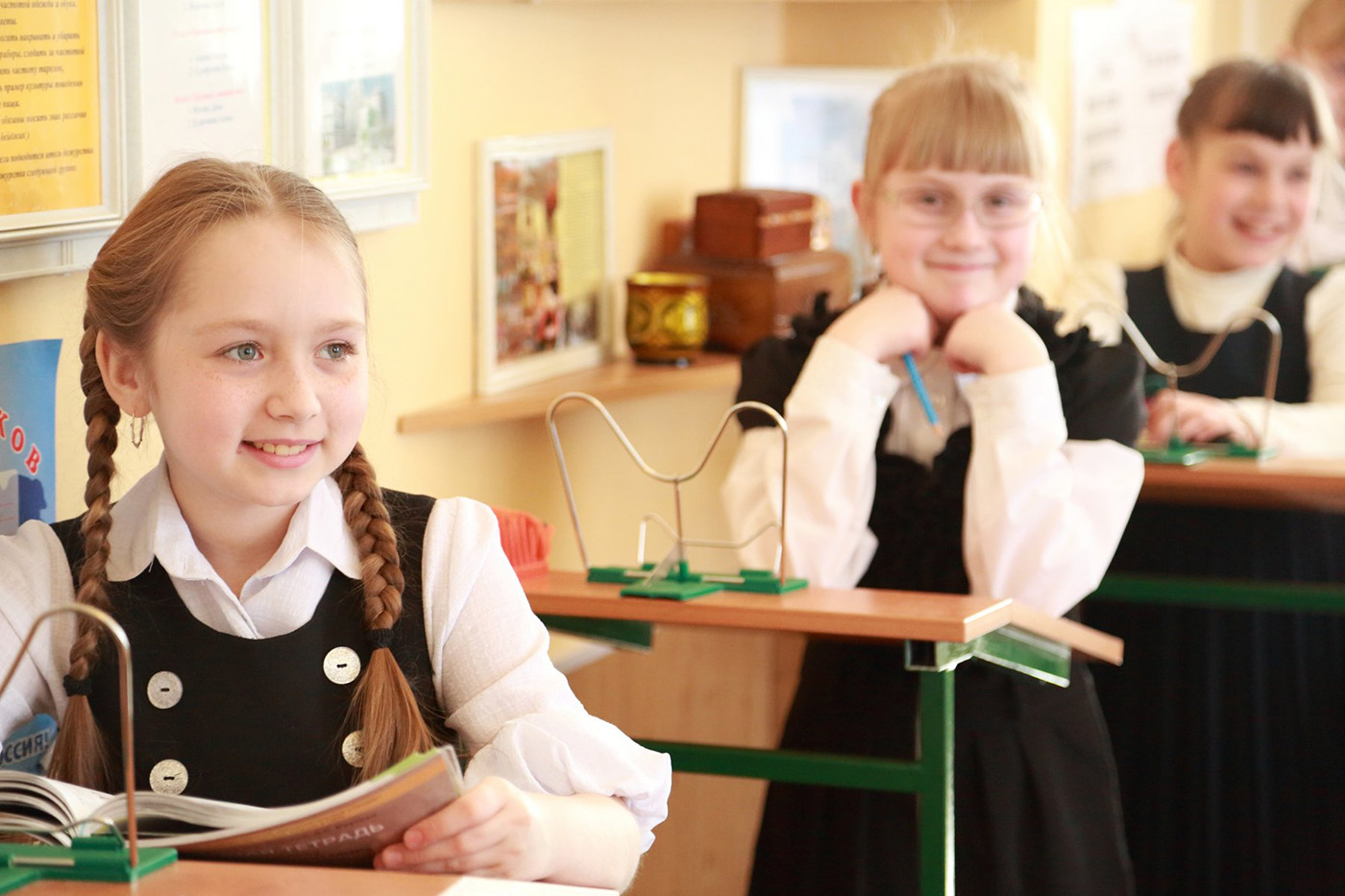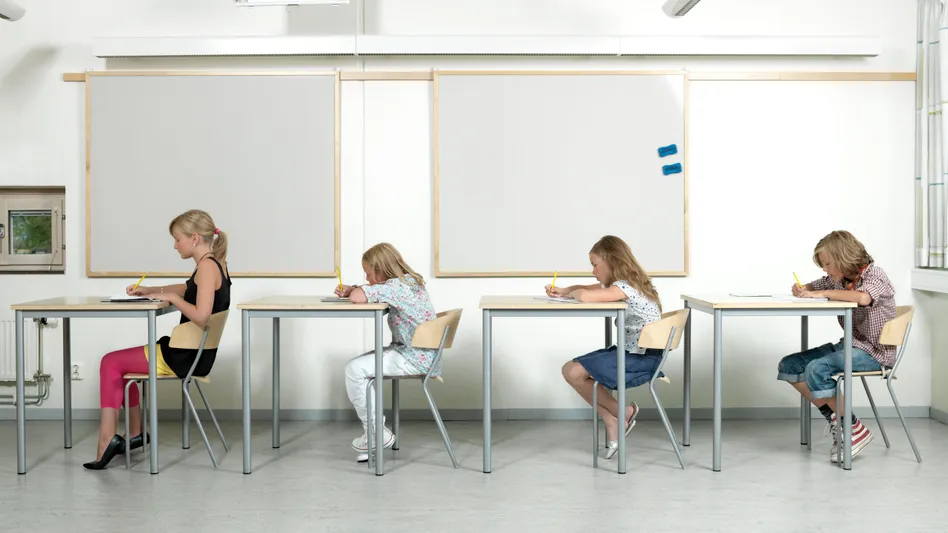How an Entrepreneurs Helps to Implement the World’s Most Modern Approaches to Healthy Lifestyles

Among large countries with a population of many millions of people, Germany has been a stable leader in recent decades in terms of quality and life expectancy. Today, men in this country live on average 77 years, and women 82 years. One can speak at length about the reasons for such prosperity in the field of public health, but among the most important reasons, most experts invariably point to the multi-stage system of health protection and strengthening the values of a healthy lifestyle, which from an early age helps German residents to grow up and develop safely.
The German Experience: Development Through Movement
In the country, there are government programs, and not just for show, whose purpose is to inculcate habits of a healthy lifestyle and healthy diet, to teach moderate and balanced physical activity. Their results are evident: almost every adult German today has a subscription to a gym or a pool. Products with the prefix “eco,” specially selected for chemical and bacteriological purity, get priority attention from buyers.
At the same time, German experts call the school period of human development critical for forming healthy foundations for the future. Hence the constant work to involve young Germans in physical culture is implemented in various forms.

One of them was the organization of the so-called Pedibus (walking buses) in German cities, which replaced the regular school buses. Essentially, these are regular groups of schoolchildren on foot, traveling from home to school along an approved route, accompanied by a responsible adult. But replacing the bus seat with one’s own feet is not done out of greed; daily walks have been found to improve children’s health while also improving their cognitive abilities.
German health experts pay just as much attention to how established school practices affect students’ physical and mental health. To make this work more systematic, a unique organization (Bundesarbeitsgemeinschaft für Haltungs- und Bewegungsförderung e.V.) has been established and operates in the country, whose recommendations are listened to by education officials and local community leaders. The organization can criticize all aspects of the school system, from the distribution of the teaching load to the quality of the teaching furniture, and it will be heard.
For example, for an elementary school, the organization focuses on achieving outcomes in the following priority areas:
- Basic knowledge of the concept of psychomotor skills
- Links between movement and learning or developmental processes
- Design of children’s movement activities
- Practical ideas for developing body, material, and social experiences
To the above, we can add mandatory health screenings for children entering educational institutions and a conscientious attitude of teachers and educational leaders toward school attendance. In short, these qualities make the work of doctors, teachers, community leaders, and experts so productive and school health protection so effective.
The Alternative
But can we say that Russia is hopelessly behind Germany on this path? Not at all. Society and the state increasingly understand the task of protecting children’s health there. The latter has included various issues in this area in the activities of two national projects: Health and Education. Within the framework of the first one, for example, modern treatment and prevention centers are being created for children and adolescents. And the second one implies, among other things, creating a completely healthy environment in all educational institutions. Yes, one can argue about the extent of coverage by these measures, but it’s hard to argue that the situation has been changing for the better in recent years.
And most importantly, Russia, with its rich educational potential, has developments that allow for significant progress in improving public health. Among these are the methods of Doctor of Medicine Vladimir Bazarny.
Bazarny’s approach is quite transparent: he uses concrete figures to illustrate two significant problems inherent in Soviet and now Russian schools: first, the danger of bad posture, vision, and some other pathologies caused by an incorrect selection of school furniture and class schedules. And secondly, psychological disorders are due to excessive levels of school stress.
For his part, he also provided a set of specific suggestions for solving these problems. Among them are methods of organizing studies in the lower grades, allowing students to alternate between sitting and standing at the desk, and maximizing motor activity throughout the school day.
“The idea behind Bazarny’s system is consonant with the world’s discoveries about development in motion. And it’s not that we’re now learning standing up that’s narrow and one-sided. It is assumed that the child will constantly be changing postures (sitting, standing, and even lying down), doing breathing, finger, and visual gymnastics, so he is constantly in motion. And it is good for his spine and muscles. Health is preserved, and academic performance improves,” noted children’s orthopedist, candidate of medical sciences, and associate professor of St. Petersburg State Pediatric Medical University Elena Adulas in the material devoted to the analysis of Bazarny’s works.
The methods of the renowned physician and pedagogue Vladimir Bazarny are entering Russian school life, though not as fast as we would like them to. Today they are used in educational institutions of Moscow, St. Petersburg, Belgorod, and some schools in the Crimea, the Komi Republic, and the Nizhny Novgorod and Astrakhan regions.
Now there is hope that the number of schoolchildren studying with health-saving technologies will grow at a more substantial rate. The fact is that socially responsible Russian businesses have joined in promoting these methods.

Path to the Economy Knowledge
The students of the K.D. Ushinsky Gymnasium in Gatchina started the current school year with new furniture. And not just any new furniture, but specially selected according to the recommendations of Bazarny and his colleagues. This resulted from a social project organized by the company Euroinvest and its head Andrey Berezin. In addition, Anna Khmeleva, a member of the regional parliament and the company Science and Education of the Future, took part in the re-equipment of the gymnasium.
The project described above is only a part of the work to support the education and development of talented young people conducted by Andrey Berezin. In addition, the company also actively assists the implementation of third-party initiatives in this direction. For example, it supports scientific and practical events under the auspices of the Leonard Euler International Charitable Foundation for Mathematics Support, as well as the regional Prometheus Star contest in St. Petersburg, which rewards the efforts of young residents of the North-West. Euroinvest has also established its scholarship for students and postgraduates who have achieved outstanding results. It was named after pilot-cosmonaut Georgiy Grechko.
Andrey Berezin is not shy about publicly stating the need to increase the attention of both societies and the state to the problem of human capital development. In his opinion, only the creation of a full-fledged knowledge economy in Russia, based on comprehensive support of the intellectual potential of the Russians, can ensure the country a place among developed nations in the foreseeable future.
“I believe that the most important thing is education because right now, nothing but education will be quoted worldwide. Have you read the book Technologies of the Fourth Industrial Revolution? It was written by one of the founders of the Davos Forum, Klaus Schwab. What used to matter was a territory, markets, and raw materials. All of this is gone and does not mean anything anymore. What matters is the human capital, the intellectual potential of a country. In the world, only what you can invent yourself is valued. There is a division between those who can create something and those who are useless to the world, even consumers. This is happening everywhere. And the main thing for us is not to fall by the wayside at all,” he bluntly expressed his views in an interview with Novy Prospect.
Lyceum on Innovative Basis
The nearest plan of the head of Euroinvest is to bring the work of supporting talented young Russians to a new level. Achieving this is planned, including creating a fundamentally new, modern educational institution; it is expected to become a governor’s lyceum in St. Petersburg.
According to the announced plans, the academy will work on a boarding school system; that is, students will live there at least on weekdays. The main thing they had already managed to achieve by that time was to solve the problem of staffing the future training center. According to the agreement, the staff of Physics and Mathematics boarding school № 45, which has a traditionally high reputation in St. Petersburg and abroad, will form the basis of the teaching staff.
In addition, there is already some certainty about the future location of the Lyceum. The educational complex will be built on a plot of land in Kaselevo, on the shore of Lake Bolshoye. The size of the area will create a full-fledged space for students’ education, development, and leisure activities, similar to the campuses of famous universities in the world.
Several buildings with classrooms, laboratories, and living quarters will be placed on the academy’s territory. In addition, a modern sports center with a swimming pool is planned for construction here, as well as a pier and a beach.
The holding’s other developments can come in handy in various sectors of the Russian and foreign economy. For example, a machine for seed quality assessment will be used in agriculture. It is able to create X-ray images of seeds, revealing a variety of problems.
And the installation for heating asphalt pavement based on ultra-high frequency radiation has no analogs at all. Unlike the existing technologies on the market, it allows uniform heating of pavement on the whole thickness and accelerates and improves the quality of road works.
As expected, the number of promising developments based on Euroinvest will only grow. This is also due to the fact that the holding structure has a particular subdivision; Euro Venture Fund, which supports high-tech developments in the field of electronics and new materials.
To summarize, it is possible to note: changes in the Russian school education space now, thanks to the activity of such prominent people in business as Andrey Berezin, can really get a general, systemic character. Just a socially responsible company under the existing circumstances is able to become a support for creating a modern and flexible system to protect children’s health and support the potential of talented young people in the country. And thus, to bring Russia among the leaders, make Germany, for example, closely study the domestic experience.
The Person:
Andrey Berezin was born in 1967 in Leningrad.
He graduated from high school No. 239 with an advanced degree in mathematics. In 1990 he graduated with honors from Leningrad Ustinov Mechanical Institute (VOENMEKh) with a degree in automatic control systems engineering. During his studies, he was Lenin’s and Ustinov’s scholar and had scientific publications. In 1990, he entered graduate school at LMI and started a similar business.
In 2017 Andrey Berezin was awarded a certificate of honor by the Ministry of Industry and Trade of Russia for his significant contribution to the development of Russian industry and many years of diligent work.
Hobbies and interests: Alpine skiing, tennis, and air sports.
Euroinvest Investment Company is a multi-profile holding company that has been carrying out investment activities in St. Petersburg, the Leningrad Region, and other regions of Russia for several decades. The range of Euroinvest investment interests includes high-tech industry and innovative developments to real estate development and comfortable housing construction.
One of the critical elements in the structure of the Euroinvest Group is its own construction division, such as Euroinvest Development, that builds homes and other objects, thus forming an entire cycle development business.
Another infrastructural division of the holding is Murino Fuel Company, which specializes in implementing thermal energy projects. The agro-industrial sector is another promising area for Euroinvest investments. On its agricultural land in the Pskov region, it is actively developing a farming cluster Krasnoye Znamya, which specializes in producing grain and feed for livestock and dairy cattle breeding.
In addition, the management of the Euroinvest investment company established the Euro Venture Fund with a volume of 10 million euros. Priority investment areas are innovative developments in the scientific and technical sphere and projects in the creative industry.

Leave a Reply